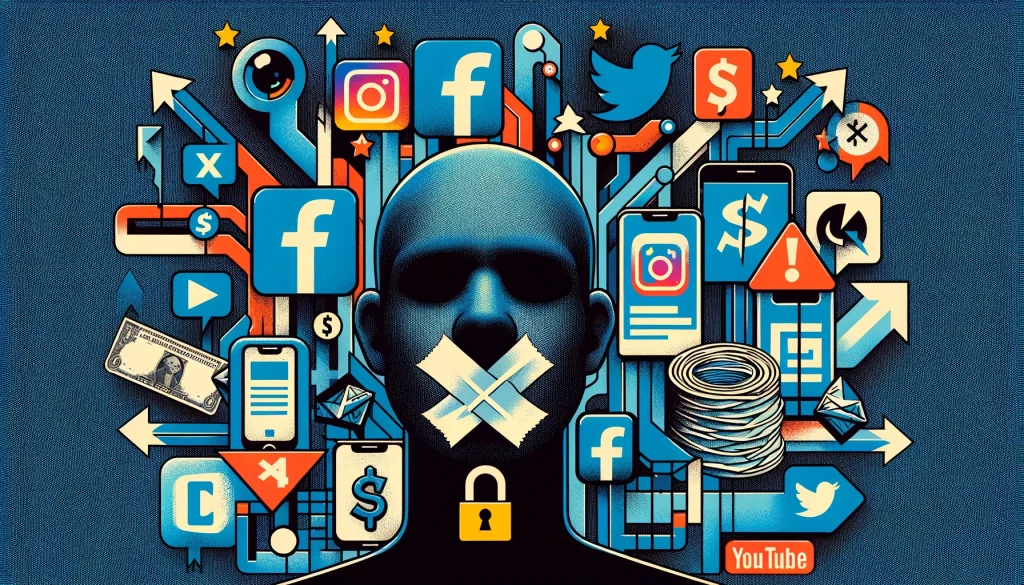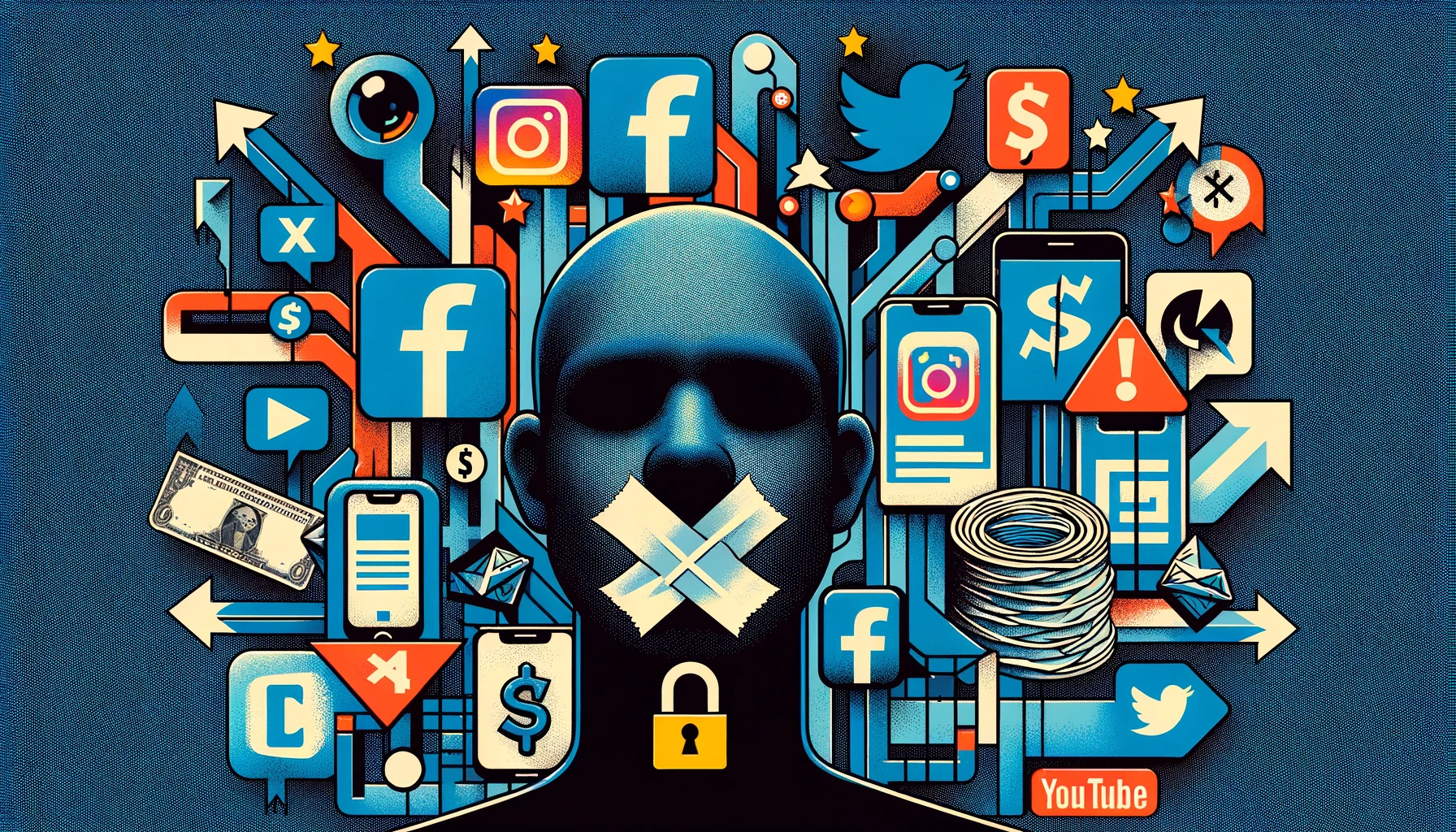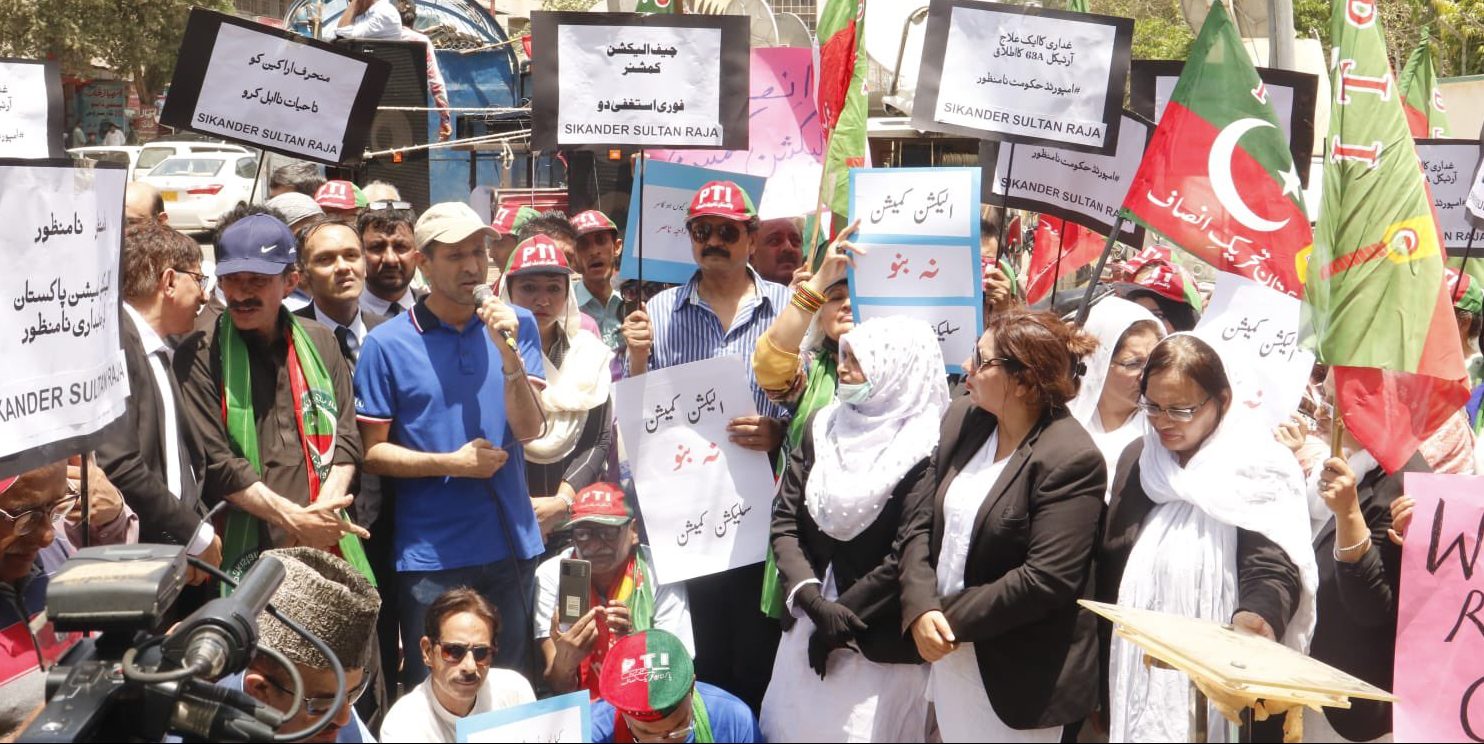The Islamabad High Court (IHC) has taken a decisive step in response to the shutdown of the social media platform X, summoning the interior secretary on April 17 to provide comprehensive explanations for the continued inaccessibility of the platform. This development unfolded during a hearing on a petition challenging the perceived “ban” on X.
Access to X has been disrupted in Pakistan since February 17, following allegations made by former Rawalpindi commissioner Liaquat Chattha, who accused the chief election commissioner and chief justice of Pakistan of involvement in rigging the February 8 general elections.
The shutdown of X has sparked criticism from rights organizations, journalists’ associations, and internet service providers alike. Losses incurred due to disruptions have been lamented, while calls for the restoration of social media access have grown louder. Notably, the United States has urged Pakistan to lift restrictions on social media platforms.
In a significant revelation on March 20, the interior ministry informed the Sindh High Court (SHC) that the social media platform was blocked in February based on reports from intelligence agencies, pending further orders.
This admission came shortly after Information Minister Attaullah Tarar acknowledged that X was already banned when the new government assumed power from the caretaker setup. However, Tarar clarified that there was no official notification regarding the clampdown.
In light of these developments, the IHC had previously sought a detailed report from the interior ministry regarding the outage of the social media platform. The summons issued to the interior secretary underscore the court’s determination to delve deeper into the reasons behind the shutdown, addressing concerns surrounding freedom of expression and access to information in the digital age.
IHC CRITICIZES INTERIOR MINISTRY’S REPORT
During today’s hearing at the Islamabad High Court (IHC), Chief Justice Aamer Farooq expressed dissatisfaction with the Interior Ministry’s report regarding the outage of the social media platform X. Despite the appearance of the Interior Ministry joint secretary and the presentation of a report, CJ Farooq criticized the lack of concrete evidence and documentation to support the shutdown.
The joint secretary stated that X was disrupted based on reports by intelligence agencies, citing content uploaded online as a threat to national security. However, CJ Farooq demanded tangible evidence and documentation, expressing frustration at the lack of substantial reasoning provided in the report.
CJ Farooq emphasized the importance of transparency and evidence-based decision-making, admonishing the absence of clear reasons for the shutdown. He expressed skepticism towards the report, labeling it as speculative and inadequate.
In response to the unsatisfactory report, CJ Farooq summoned the interior ministry secretary for the next hearing on April 17, directing him to produce evidence substantiating the threat to national security. The court reiterated the necessity for detailed reasons and evidence to justify the shutdown, emphasizing the importance of accountability and transparency in such matters.
THE PLEA – VIOLATION OF FUNDAMENTAL RIGHTS
Ehtisham Abbasi, a resident of Islamabad, has filed a petition at the Islamabad High Court (IHC) naming the information ministry and the Pakistan Telecommunication Authority (PTA) as respondents. The petition urges the court to immediately lift the ban on Twitter (referred to as X) access, citing violations of fundamental rights.
Abbasi’s petition argues that the actions of the respondents, particularly against journalists, violate Article 19 of the Constitution, which guarantees freedom of speech. It emphasizes the importance of this fundamental right in safeguarding individual liberty, dignity, and the right to life.
Additionally, the plea highlights Article 14 of the Constitution, which protects the inviolability of the dignity of individuals. It asserts that the disruption of Twitter access infringes upon the pivotal right to liberty, falling within the ambit of the right to life and dignity.
The petition contends that the respondents’ inaction is deliberate, arbitrary, and mala fide, derogatory to the Constitution and fundamental rights. It argues that such inaction is void, contrary to the law and facts, and should be set aside by the IHC.
Furthermore, the petitioner argues that the ban on Twitter suffers from serious legal infirmities and violates other constitutional and statutory rights. It calls for the immediate lifting of the ban, emphasizing the need to uphold fundamental rights and ensure accountability in governmental actions.
Abbasi’s petition underscores the significance of access to social media platforms like Twitter in facilitating freedom of expression and upholding democratic values. It seeks judicial intervention to rectify the alleged violations and restore access to Twitter in the interest of justice.



















